What Makes a Bad Scientist? Can a Bad Scientist Turn Good?
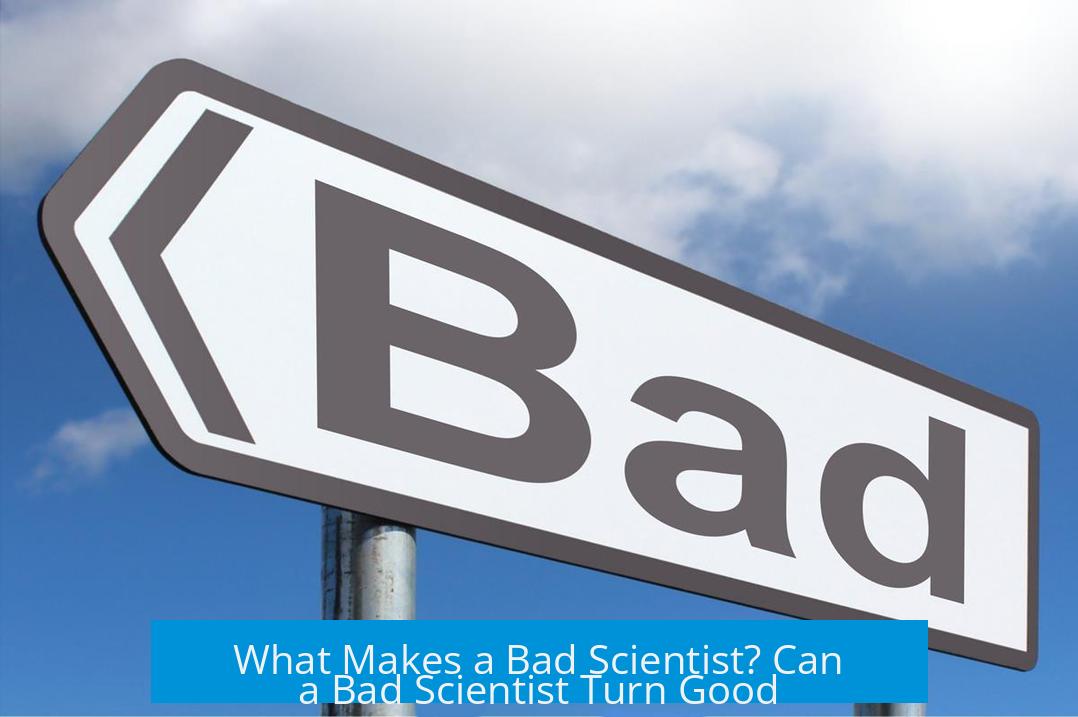
A bad scientist is not defined by occasional mistakes or disorganization but by dishonesty, bias, and refusal to learn from errors. Most scientists face challenges such as confusion or poor time management, but those traits do not make one bad. A truly bad scientist compromises the integrity of science by manipulating results for personal gain or hiding mistakes. Yet, a scientist who struggles can develop over time and improve by adopting coping mechanisms, embracing self-awareness, and owning their errors.
1. Defining a Bad Scientist
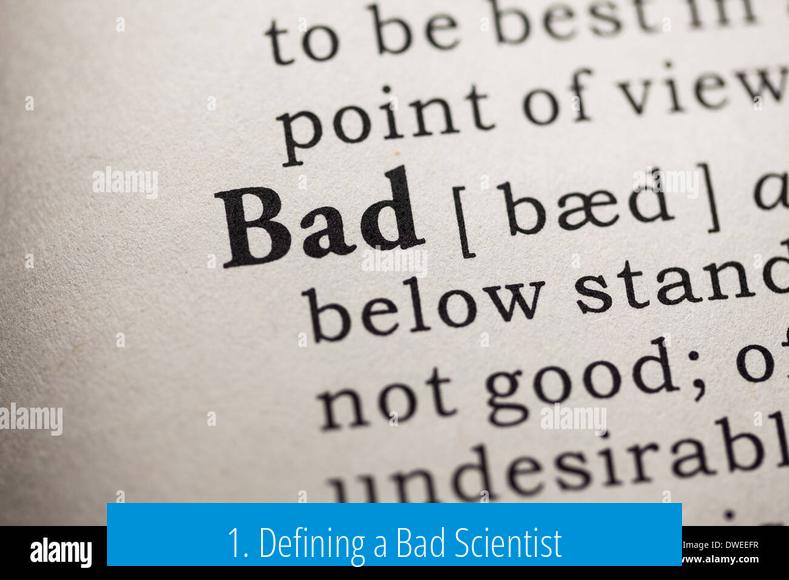
1.1 Mistakes and Clumsiness Do Not Make a Bad Scientist
Scientific work is complex and prone to errors. Many early or even seasoned researchers face messy labs, poor organization, or mental blocks. Such issues alone do not indicate poor science. These are challenges that can be managed with simple tools like detailed lab notebooks, structured schedules, or peer consultation.
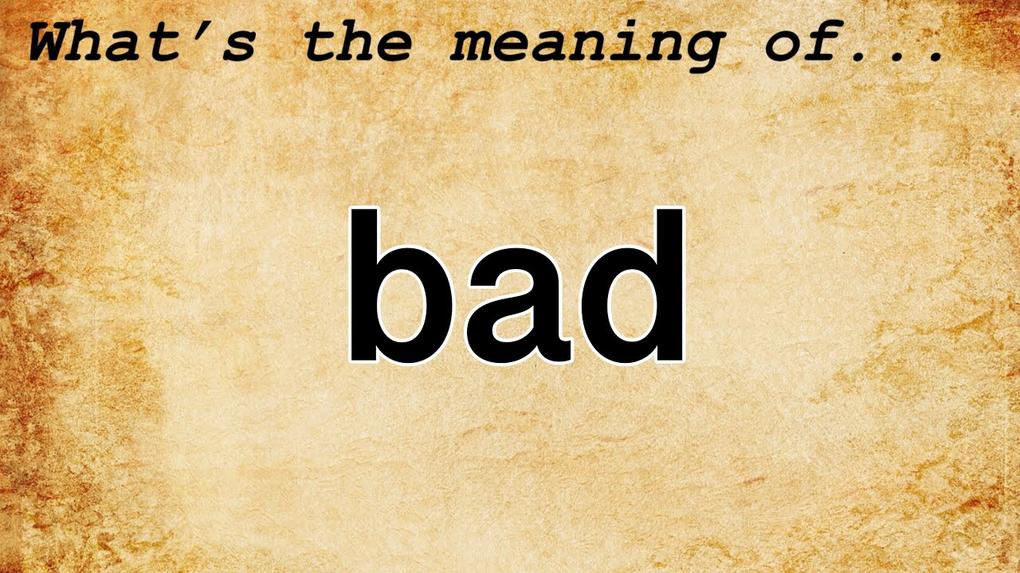
An important point is that many major discoveries emerged from so-called mistakes. Errors can lead to new insights if the scientist is willing to learn and adapt. In contrast, covering up or ignoring flawed data tends to undermine trust and progress in science.
1.2 What Constitutes a Bad Scientist?

- A bad scientist allows desire for recognition, success, or status to bias their methods and outcomes.
- Such a scientist produces unreliable or skewed results driven by selfish motives.
- Good scientists welcome evidence that challenges their hypotheses; bad scientists manipulate protocols to support their preconceptions.
Dishonesty, like discarding inconvenient data or hiding errors, clearly marks bad scientific conduct. Such behavior violates the ethics essential to science.
2. The Role of Self-Development and Self-Awareness
2.1 Growth Defines Quality, Not Just Experience
Scientists improve by developing specific habits rather than merely avoiding errors. Key traits include:
- Researching and problem-solving independently before seeking help.
- Recognizing gaps in knowledge and admitting mistakes promptly.
- Demonstrating initiative beyond vague instructions.
Students may struggle with confidence or arrogance that blocks these steps, but balancing curiosity with humility fosters growth.
2.2 Learning From Mistakes Strengthens a Scientist
Expertise reflects the ability to identify faults and adjust protocols flexibly after mistakes occur. Even experienced scientists cannot guarantee flawless results but learn to troubleshoot well.
This mindset differentiates skill from stubbornness when faced with experimental failure or confusing data.
3. Coping Mechanisms and Tools for Improvement
3.1 Using Lab Notebooks to Avoid Errors
Keeping a detailed and current lab notebook is fundamental. Writing down dates, aims, and protocols clearly prevents missteps. The seemingly small habit of ticking off steps or noting observations can improve accuracy and morale.
3.2 Designing Protocols to Minimize Errors
Scientists should critically evaluate their experimental protocols. Complex or technique-heavy procedures increase error risk. Effective protocols aim to reduce manual skill demands and thus enhance reproducibility and reliability.
3.3 Reflecting on and Documenting Mistakes
Maintaining a separate log for mistakes aids recognition of error patterns. This awareness supports preempting similar issues and refining procedures continually.
3.4 Prioritizing Reading and Taking Time
Thorough preparation strengthens memory and understanding of tasks. Scientists who take the time to review literature and protocols tend to be more organized and less prone to blunders.
4. Can a Bad Scientist Become a Good One?
4.1 Many Struggles Are Overcome Through Mechanisms and Effort
Disorganization or initial clumsiness should not deter anyone from scientific pursuit. Implementing simple habits such as lab notebooks and consistent rest can tip the scale towards competence. Many good scientists began with similar struggles.
4.2 Self-Improvement and Honesty Are Central
Owning mistakes and learning from them remain essential. Scientific progress depends on iterative correction and transparency. Experts skillfully identify problems and adapt experiments accordingly.
4.3 Distinguishing ‘Good’ From ‘Successful’ Scientists
Success in science depends partly on external factors like funding or institutional prestige. Being ‘good’ involves scientific integrity and intellectual openness rather than just grants or career milestones.
4.4 Managing Personal Challenges Is Possible
- Issues such as social anxiety or neurodivergence can complicate scientific work but need not prevent success.
- Diagnosing such conditions can enable tailored strategies to improve function and productivity.
- Many scientists channel unique cognitive styles into creative problem-solving once they manage focus and organization challenges.
5. Broader Perspectives on Science and Identity
5.1 Passion and Interest Matter
Engagement with scientific concepts drives perseverance despite difficulties. Creativity grows more important as scientists transition from benchwork to conceptual development. Coping strategies allow sustained contributions beyond technical skills alone.
5.2 Universal Nature of Mistakes
Mistakes happen to all scientists. Often these errors remain invisible because few openly share them. Recognizing this commonplace struggle reduces feelings of isolation and imposter syndrome.
“Nobody really talked about their mistakes, yet they made countless throughout their careers.”
Key Takeaways
- A ‘bad scientist’ cheats, hides errors, or lets ego bias their work, not one who struggles or makes honest mistakes.
- Self-awareness, owning errors, and initiative are hallmarks of a developing good scientist.
- Organizational tools, thoughtful protocol design, and reflective practices reduce errors and improve work quality.
- Many scientists improve substantially with effort and support, regardless of early challenges.
- Scientific success is not equivalent to scientific goodness; integrity and openness define the latter.
- Personal differences and challenges, including mental health or neurodivergence, can be managed to foster effective scientific work.
- Passion for science and acceptance that mistakes are universal facilitate ongoing growth in research careers.
What Makes a /Bad/ Scientist? Can a Bad Scientist Turn Good?
To get right to the point: a bad scientist is not merely someone who messes up experiments or forgets a protocol step. The true bad scientist is one who lets ego, dishonesty, or selfish motives warp their methods and data. Now, before you panic about your latest lab oopsie, take a breath. This post dives into what really defines a “bad” scientist, how mistakes fit into scientific life, and most importantly, whether a “bad” scientist can turn the ship around and become a genuinely good one. Spoiler alert: they absolutely can.
Let’s unpack this scientific identity crisis.
Messing Up Does NOT Equal Being a Bad Scientist
First off, let’s kick a myth to the curb: mistakes, clumsiness, or getting disorganized don’t make you a bad scientist. Far from it. Everyone stumbles—great discoveries often flash out of unexpected errors. That moment you accidentally mixed up samples or forgot to log a step? Some call it chaos; science calls it “learning opportunity.”
One seasoned researcher says, “Not a one of you is a bad scientist. You may be messy, confused, or have poor time management skills. These are fixable with simple tools like lab notebooks and better sleep schedules.” In fact, those who acknowledge and learn from mistakes keep evolving, while those who hide errors steer their work off a scientific cliff.
So grab a lab notebook, keep it up to date, and document protocols carefully. A few minutes spent writing down aims, dates, and procedures can shield you from silly mistakes that sap morale and slow progress. Believe it or not, this mundane habit is a powerful shield against chaos in the lab.
Characteristics That Actually Define a Bad Scientist
Now, who really wears the “bad scientist” badge? It’s not the trip-ups or fumbling. It’s the folks who fudge results because they want fame, grants, or status. They bend the scientific process to prove themselves right rather than open to being wrong.
Think of it this way: a good scientist welcomes being proven wrong. A bad one acts like a magician trying to hide the trick instead of showing the full act. Dishonesty like covering up mistakes or tossing inconvenient data belongs here. That’s when science stops being a quest for truth and turns into a slippery game.
The Crucial Role of Self-Awareness and Growth
Can clumsy newbies become Nobel laureates? Development over time is the secret sauce. Supervisors don’t judge new scientists by their mistakes. They look at how they learn: Do they research before asking questions? Do they admit they don’t know something? Do they show initiative?
Balancing these traits is tricky. Students lacking confidence often hesitate to seek help. Arrogant ones sometimes hide shortcomings and avoid admitting errors. Both extremes stunt growth. But with time—and reflection—scientists find their rhythm.
One practice that helps is writing down all goofs and oversights. Our scientist friend shares how chronicling mistakes reveals patterns and helps preempt future slip-ups. Turning errors into a logbook of lessons sounds low-key, but it’s pure gold.
Designing Protocols and Coping Tools to Improve Practice
Another gem in avoiding “bad science” is smart design. Protocols should be as simple and error-proof as possible. If a step requires advanced technique, the chance of artifactual data rises, shaking the study’s foundations. Scientists are increasingly rethinking methods to reduce technical barriers, improving both reproducibility and reliability.
Plus, taking the time to read and understand the theoretical background enhances focus and execution. Those who dive deep into literature tend to breeze through protocols with fewer errors, while those who rush often trip on easy steps. Patience is not old-fashioned; it’s practical.
So, Can a Bad Scientist Turn Good?
Absolutely yes—if the scientist embraces openness, learning, and perseverance. Messy, confused, or anxious researchers who adopt tools like lab notebooks and develop regular rhythms in life demonstrate that being “good” comes from effort rather than innate talent. Some even argue it takes more grit to improve from challenges than to coast effortlessly.
Here’s a key to progress: stop covering up your mistakes. Own them. Learn from them. A scientist’s true expertise shines through the ability to identify issues and adjust experiments accordingly. This iterative approach is the beating heart of science—not perfection on the first try.
Being “Good” Does Not Mean “Successful”
Don’t confuse good science with career trophies like grants or tenure. Funding agencies often favor name brands and prestigious institutions more than integrity or passion. Success in the scientific world can be a tangled mix of luck, networking, and timing.
Someone might be an excellent, honest scientist yet struggle to attract attention or funding. Others might succeed via less rigorous shortcuts. The badge of a “good scientist” belongs to those holding to strict scientific principles, regardless of external applause.
Personal Challenges and Scientific Identity
Scientists come with diverse brains and backgrounds. Social anxiety, neurodivergence, or imposter syndrome don’t disqualify anyone. There are plenty of researchers who push through insecurities fueled by love for the subject. Diagnoses coming late in life are more common than you think—and they help unlock tailored coping strategies, making scientific practice smoother.
In the words of a 63-year-old scientist finally getting diagnosed, “I love the creativity my brain offers, but focusing and organizing is tough. Recognizing this has been liberating.”
Passion, Curiosity, and Mistakes: The Real Ingredients
Passion and curiosity keep scientists hooked even through grind and frustration. Repetitive tasks may cause headaches, but conceptual creativity grows as careers progress, moving away from bench drudgery. This creativity often distinguishes a scientist who thrives from one who quits.
All scientists make mistakes, even the legends who seem flawless. These errors often stay hidden, creating a ‘fake it till it works’ culture. Knowing this helps reduce the fear of failure that paralyzes many newcomers.
A Summary Table: What To Remember
| Aspect | Bad Scientist Traits | Good Scientist Traits |
|---|---|---|
| Relation to Mistakes | Hides mistakes, tosses data | Owns errors, learns, adapts |
| Methodology | Bends methods to fit ego | Follows and refines proper methods |
| Motivation | Seeks recognition/status | Driven by curiosity, truth |
| Self-Development | Ignores ignorance, avoids help | Seeks knowledge, asks questions |
| Use of Tools | Neglects record-keeping | Uses lab notebooks, organizes well |
Final Thoughts: Your Fellow Scientist Is Probably Not So Bad
Next time you’re wrestling with a protocol or banging your head on a stalled experiment, remember: those struggles don’t mark you as a bad scientist. They are part of the scientific journey. What counts is your attitude toward the process.
If you stay honest, hungry for improvement, and brave enough to admit ignorance, you’re well on your way to being a good scientist—whether or not your lab bench is neat and your coffee cup full.
So, what’s your next step? Pick up that lab notebook. Write down your last blooper. Ponder a tweak to your protocol. Or simply embrace the glorious chaos of science with a grin (and a clean lab coat).
What behaviors truly define a bad scientist?
A bad scientist lets personal gain override truth, manipulates data, or hides mistakes. Making errors or being disorganized alone does not make someone bad. Dishonesty and bias in research are key markers.
Can scientists improve if they struggle initially?
Yes. Many improve by adopting coping tools like detailed lab notebooks, managing time, and learning from mistakes. Self-awareness and owning errors play a big role in growth over time.
How important is admitting ignorance or failure for a scientist?
Very important. Recognizing what you don’t know and asking for help avoids hiding problems. This mindset improves results and shows maturity in scientific work.
Is success a good measure of being a good scientist?
No. Success often depends on funding and prestige, not scientific integrity. Good scientists focus on accurate, honest work rather than just achievements.
Can personal challenges affect scientific work quality?
Yes. Conditions like social anxiety or neurodivergence can impact focus and organization. Managing these challenges with proper support can help scientists perform better and stay creative.


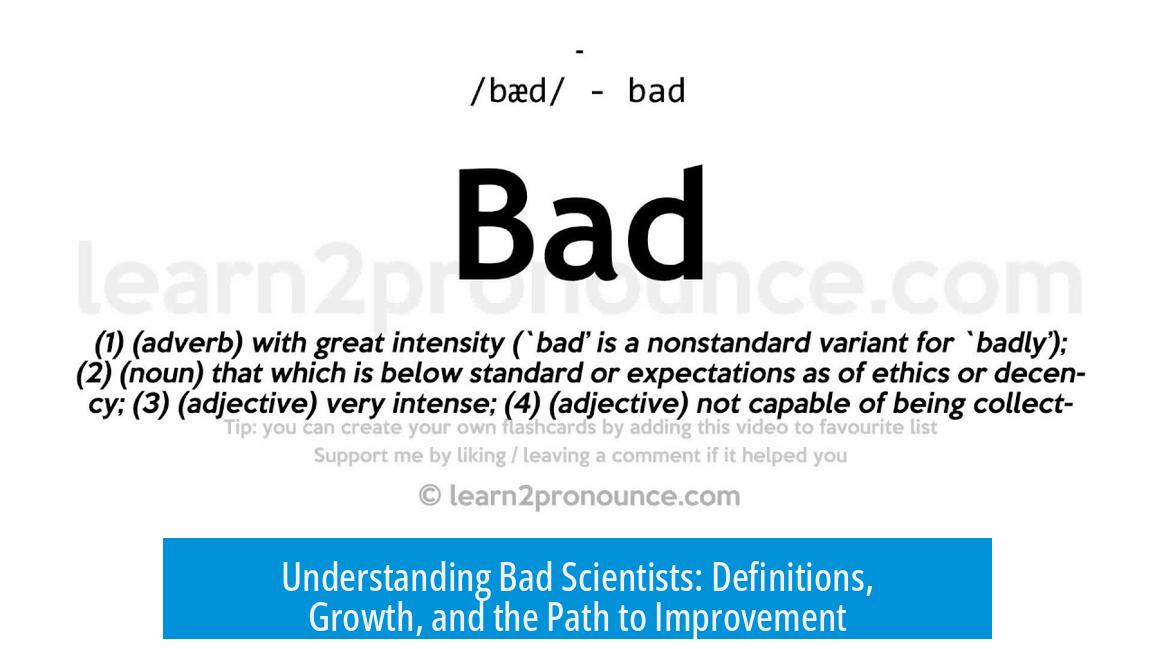
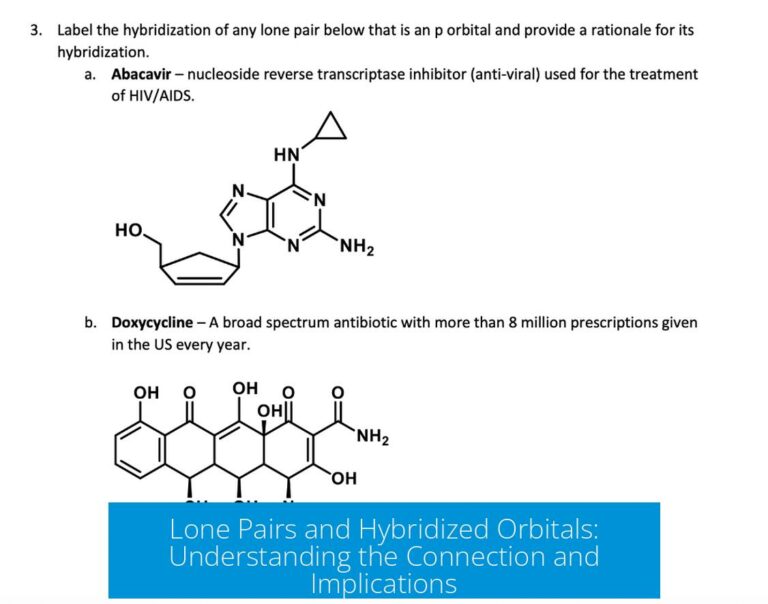

Leave a Comment